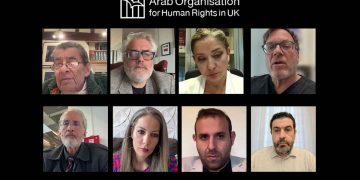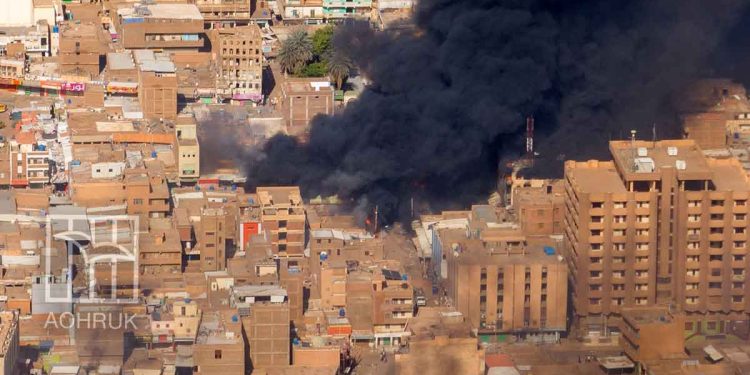Sudan is experiencing unprecedented tragic levels of destruction, death, displacement and disease due to insufficient aid to treat the sick and injured.
The Director-General of the World Health Organization (WHO), Tedros Adhanom Ghebreyesus, shared a tweet on X in which he said that the level of destruction, death, displacement and disease in Sudan is tragic.
He pointed out on Monday that he participated in a convoy of medical supplies to Sudan through the “Adre” border crossing with Chad, warning that there is not enough aid to treat the Sudanese who need peace.
On August 27, the United Nations Office for the Coordination of Humanitarian Affairs (OCHA) said in a statement that “after more than 16 months of conflict, Sudan is facing a devastating hunger catastrophe on a large scale, with more than half of the population facing acute hunger.”
OCHA noted that in early August famine conditions were confirmed in the Zamzam camp for internally displaced persons in North Darfur State (western Sudan), and thousands more are likely to face similar conditions in 13 other areas at risk of famine.
It warned that access restrictions and severe funding shortages are hampering the ability of humanitarian workers to prevent hunger and famine in Sudan.
Millions of Sudanese are suffering from difficulties in securing food supplies and lack of basic services, electricity and water, due to the ongoing fighting since April 15, 2023 between rival generals, which has left about 18,800 dead and nearly 10 million displaced and refugees, according to the United Nations.
Arab Organisation for Human Rights in the UK had called on the conflicting parties in Sudan to stop the ongoing fighting immediately and seek a peaceful solution through a comprehensive national dialogue.
AOHR UK also called on the UN Security Council to take immediate action and call for a ceasefire to save the lives of innocent people at risk.































